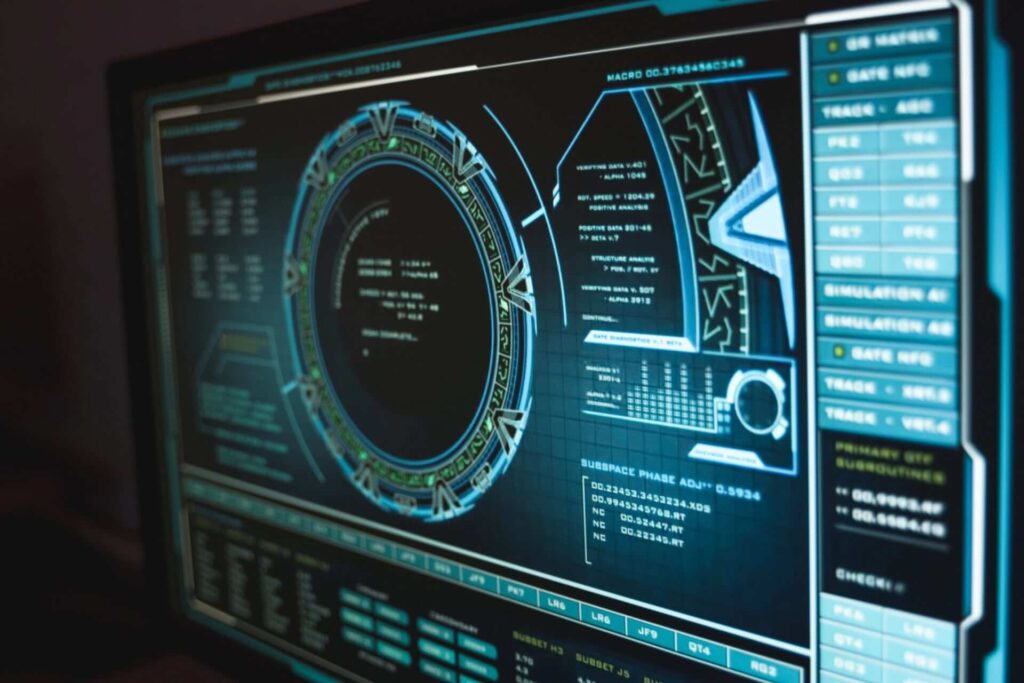
PROJECT
Quantum-Enhanced Secure Multiparty Computing
doctoral candidate
Supervisors
Diamanti (SU), Kashefi (SU), Speelman (UvA), Jeffery (CWI), Kaplan (VERIQLOUD), Layat (IDQUANTIQUESA).
Objectives
Developing efficient quantum-safe functionalities by embedding quantum subroutines in PQC schemes.
Expected Results
A methodological approach to identifying quantum subroutines within post-quantum schemes for distributed quantum computing and communications tasks, supported by a proof-of-principle photonic demonstration for MPC.
Description
Classical and quantum worlds each offer a distinct feature when it comes to security. Classical solutions offer solid mathematical foundations and easiness of implementation, while quantum ones can enhance the security of cryptographic techniques by making them unbreakable against future technological advancements. A hybrid QS infrastructure should then offer the best of both worlds. To enable the transition to such an infrastructure, it is necessary to put in place a concrete methodology combining theoretical, simulation and experimental techniques. In this project, we propose a step-by-step approach to solve this problem. We first establish the security and efficiency bottlenecks associated with novel post-quantum functionalities, e.g., in multiparty computing, verification and delegation.
Afterwards, we design quantum subroutine protocols for these bottlenecks. Finally, we implement these protocols by constructing purpose built devices. We use as a basis the quantum protocol zoo (https://wiki.veriqloud.fr), an open repository of protocols for quantum networks.
This provides a suitable platform to decompose the protocols under study into building blocks that can be benchmarked as posible subroutines within classical schemes. Our focus and case study will be quantum MPC, which we will analyse and implement in an allphotonic client-server setting. We will also consider an extension of this implementation to quantum networks with small processors.
Methodology
We develop efficient and practical hybrid cryptographic techniques, currently missing in the literature, by identifying a case study. We define and benchmark building blocks for subroutines in classical schemes in view of a realistic photonic implementation.
Risks
The main challenge is how to benchmark the identified protocols and demonstrate quantum advantage. We expect that the strong interplay between theory and experiment in this project, and the extended experience of our group in verification techniques, and in the demonstration of quantum advantage with practical photonic systems, will mitigate these risks and lead to realistic solutions for a hybrid infrastructure.














